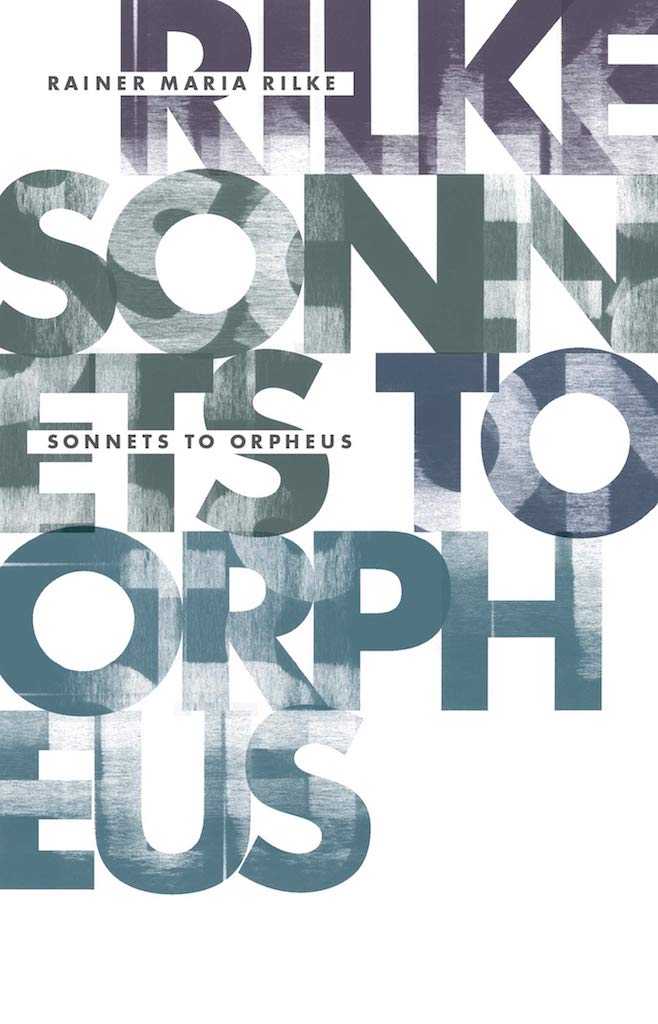Be ahead of all parting, as if it werebehind you like the winter just passing now.For among winters there’s one such endless winter,that, overwintering, your heart for all time overcomes.Always be dead in Eurydice; with stronger song,giving more powerful praise, re-ascend to pure relation.Here, among the vanishing ones, in the realm of decline,be as a ringing glass, already shattered by ringing.Be, and know at the same time the terms of non-being—endless reason for your intense vibration,so you may perfectly, this one time, achieve it.Count yourself in with the used as well as the dumb, darkstores of bountiful nature, with the unsayable sums.Count yourself, jubilantly, and cancel the count.2:13Sei allem Abschied voran, als wäre er hinterdir, wie der Winter, der eben geht.Denn unter Wintern ist einer so endlos Winter,dass, überwinternd, dein Herz überhaupt übersteht.Sei immer tot in Euridike —, singender steige,preisender steige zurück in den reinen Bezug.Hier, unter Schwindenden, sei, im Reiche der Neige,sei ein klingendes Glas, das sich im Klang schon zerschlug.Sei — und wisse zugleich des Nicht-Seins Bedingung,den unendlichen Grund deiner innigen Schwingung,dass du sie völlig vollziehst dieses einzige Mal.Zu dem gebrauchten, sowohl wie zum dumpfen und stummenVorrat der vollen Natur, den unsäglichen Summen,zähle dich jubelnd hinzu und vernichte die Zahl.
2:13
Feature Date
- December 12, 2019
Series
- Translation
Selected By
Share This Poem
Print This Poem
Copyright © 2019 Translation by Christiane Marks
All rights reserved.
Reproduced by Poetry Daily with permission.

Rainer Maria Rilke was born in Prague in 1875 and traveled throughout Europe for much of his adult life, returning frequently to Paris. His last years were spent in Switzerland, where he completed his two poetic masterworks, the Duino Elegies and the Sonnets to Orpheus. He died of leukemia in December 1926.
Christiane Marks came to the U.S. from Germany as a child and holds a BA in Comparative Literature from Earlham College and an MA in German from the University of Cincinnati. A member of the American Translators’ Association, Marks has translated historical letters, numerous articles, and two books.

Rochester, New York
University of Rochester
Rainer Maria Rilke’s fifty-five Sonnets to Orpheus were written over a few days in an astonishing burst of inspiration. Described by Rilke himself as “a spontaneous inner dictation,” the sequence is among the most famous works of modernist literature, and Christiane Marks’s fresh new translations succeed in evoking Rilke’s music―often sacrificed in translation―opening a new window on these poems, for old and new Rilke lovers alike. The result of nearly two decades of memorization, research, and fine-tuning, Marks’s translations, only the second by a woman and the first by a native German speaker, recapture Rilke’s astonishingly contemporary, often colloquial style.
Poetry Daily Depends on You
With your support, we make reading the best contemporary poetry a treasured daily experience. Consider a contribution today.



